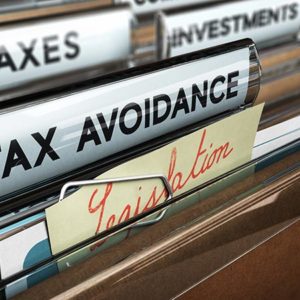As Congress Pursues Tax Reform, FACT Urges Lawmakers to Close Loopholes, Hold Large Companies Accountable, and Refrain from Disadvantaging Wholly Domestic and Smaller Businesses
Corporate tax reform is coming. The central question is: what will it look like? After a campaign in which both presidential candidates pledged to close loopholes that allow corporations to dodge taxes and stop companies from booking their profits overseas, is there the political will to do it?
One current proposal in Congress calls for a 0% tax on profits booked offshore. Yes, the proposal is for 0%. That is not a typo. Given the campaign rhetoric, that seems antithetical to cracking down on corporate tax dodging. But that hasn’t stopped Representative John Delaney (D-MD) from pushing a bill that would do just that. Bad enough that House Speaker Paul Ryan (R-WI) and the President-elect have suggested giveaway-corporate-tax rates of between 8% and 10% on offshore profits — but the new starting point appears to be zero.
Sadly, the rate is only a part of the problem and, in some ways, the lesser of the evils. These proposals leave in place all of the loopholes that enable companies to move money and jobs overseas. They allow multinational companies to continue to defer paying taxes on profits booked offshore until the next giveaway — referred to in policy circles as a tax ‘holiday.’ These ‘holidays’ reward a small number of very large corporations — just 30 Fortune 500 companies hold 65% of the estimated $2.6 trillion in offshore profits — with a special tax rate (or no tax rate). That leaves domestic companies, smaller businesses, and individuals to pick up the tab (and, it’s a large tab: Citizens for Tax Justice estimates that Fortune 500 companies now owe more than $700 billion in unpaid taxes on their earnings booked offshore).





